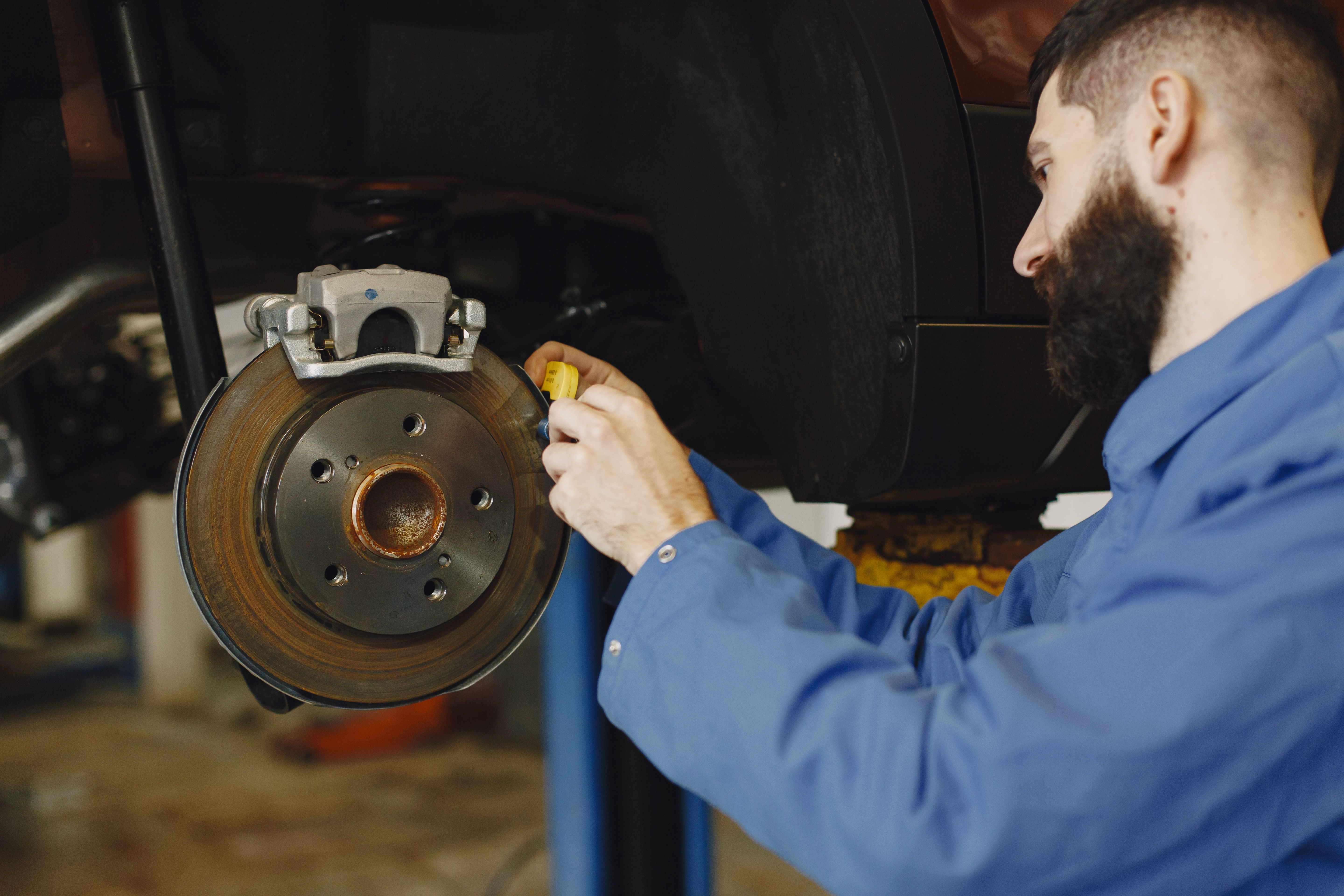How Often Should You Get Your Brakes Checked?
The brakes of a car are one of its most important safety features. Functional brakes save thousands of lives on the road every day. Like every other car component, brakes need regular care and maintenance. Well-maintained brakes improve vehicle safety and fuel efficiency.
To keep your brakes working at their optimal efficiency, it is worth having a qualified mechanic check them every six months. Depending on your driving habits and how frequently you drive in heavy traffic, you may need to get your brakes checked even more often.
Here are some signs you are potentially dealing with a brake problem and should get your brakes checked as soon as possible.
Strange Sounds
If you hear a sharp grinding noise when braking, you may have a worn brake pad. A failing brake pad allows the calipers to grind against the rotors. If you continue to drive your car with worn brake pads, you will end up with damaged rotors and may need to replace them sooner than expected. Worn brake pads could also lead to your brakes failing completely, potentially jeopardizing your and your passengers’ safety as well as the safety of pedestrians and other drivers on the road.
Vibrations
Do your brake pedals pulse under normal braking circumstances? It’s time to schedule a brake check near you. More often than not, a vibrating brake pedal indicates warped rotors. Rotors generally warp due to prolonged stress.
If you drive down steep mountains regularly or frequently stop while towing heavy objects, the friction between the parts of your braking system can generate a considerable amount of heat. This could cause the rotors and other important braking components to change shape. For this kind of heavy use, it is worth having a mechanic check the breaks more often.
Pulling
If your car pulls while braking, you may be dealing with a stuck caliper. A couple of other brake-related problems that can cause pulling are a collapsed brake hose or a worn brake pad.
Pulling doesn’t always indicate a problem with brakes and can also be caused by poor alignment or unevenly inflated or worn tires. Regardless of the reason, you will want to have a mechanic look into the problem as soon as possible.
Spongy or Soft Brake Pedal
A spongy or mushy brake pedal that goes almost to the floor before engaging the brakes could indicate worn brake pads. An air leak, a brake fluid leak, air in the line, and other problems with the hydraulic system can also cause a spongy brake pedal.
If you suspect that a fluid leak is causing the problem, put an old white sheet under your car and let it lie there overnight. In the morning, examine any fluid that collects. If it is black or brown, a fluid leak is the culprit.
GreenTech Automotive is a renowned car repair center in Santa Rosa, CA. Our mechanics are equipped with the knowledge and skills to treat the root causes of car problems. To make an appointment, call (707) 545-7076.
<a href="https://www.freepik.com/free-photo/mechanic-with-tool-wheel-hands-mechanic-blue-work-clothes_13273696.htm#query=car%20brakes&position=19&from_view=search&track=ais">Image by prostooleh</a> on Freepik

